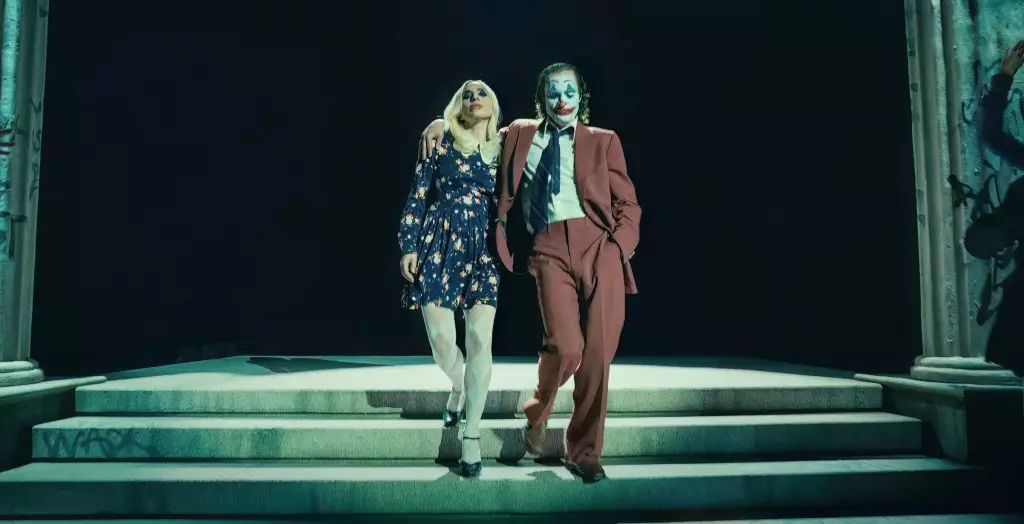The cinematic world has been abuzz, and not always favorably, with discussions surrounding *Joker: Folie à Deux*. While the sequel to the acclaimed 2019 film initially seemed poised for success, the tide of public opinion has shifted. Tim Dillon, a comedian who took on a minor role as a guard in Arkham Asylum, has emerged as one of its most vocal detractors. His comments have intensified the scrutiny of the film, which has already ignited a conversation about its artistic choices and thematic direction.
Dillon expressed dissatisfaction with the film during a recent episode of *The Joe Rogan Experience*, characterizing *Folie à Deux* as “the worst film ever made.” He articulated his belief that the sequel was an attempt to counter the criticisms leveled at its predecessor, which was accused of resonating with potentially harmful ideologies. In a bid to pivot, the filmmakers introduced a more musical and whimsical tone, featuring performances from stars Joaquin Phoenix and Lady Gaga dancing and singing—a stark contrast to the original’s gritty narrative. Dillon’s remarks indicated that he found the execution lacking, questioning the coherence of the storyline itself. His candid expressions reveal a disconnect between audience expectations and the filmmaker’s vision.
The Downfall of a Sequel
Despite the massive success of the first *Joker* film, which raked in over a billion dollars worldwide, *Folie à Deux* has struggled financially in comparison, grossing only $204 million thus far. This stark difference has raised eyebrows among industry insiders and aficionados alike. Dillon’s assertion that the sequel lacked a discernible plot is concerning, particularly given the original’s profound narrative depth. His jest that discussions among guards revolved around the film’s perceived lack of substance and engagement highlights a notion that this sequel has failed to captivate even those involved in its creation.
Even with prominent figures such as Paul Schrader and Bill Maher expressing their discontent and lambasting the film’s direction, it’s noteworthy that others see potential value. Video game creator Hideo Kojima has suggested that *Folie à Deux* might find a second life as a cult classic. Meanwhile, Quentin Tarantino, a titan of the film industry, defended the film passionately. He noted that Todd Phillips intentionally positioned himself against mainstream expectations, much like the character of the Joker himself, redefining traditional cinematic narratives.
Artistic Vision or Misfire?
The mixed responses to *Joker: Folie à Deux* prompt a broader discussion about artistic expression in film. Is it possible that the film represents an ambitious yet misguided attempt to explore the boundaries of storytelling within the superhero genre? Dillon’s perspective underscores a prevailing concern that amidst the pursuit of innovation, fundamental narrative elements have been overlooked. Audiences often gravitate towards films that resonate on multiple levels, intertwining themes with relatable plots. The challenge for filmmakers lies in balancing creative freedom with audience expectations—a task that appears to have been daunting in this endeavor.
Ultimately, the evolution of *Joker: Folie à Deux* serves as a timely reminder of the diverse tapestry of opinions within the film community. As it stands at a crossroads, only time will tell how the film will be remembered in cinematic history. Whether it will fade into obscurity or rise to iconic status as some have predicted remains uncertain, but the conversation it has generated is undeniably significant.

